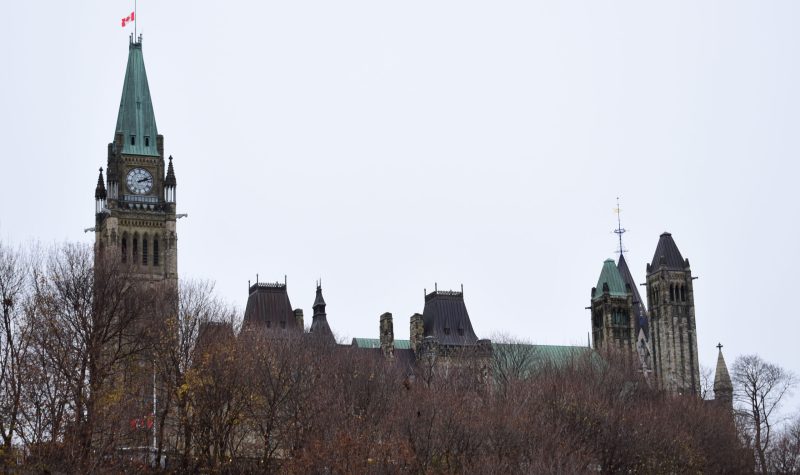Canada’s first two cases of the Omicron COVID-19 variant were confirmed in Ottawa over the weekend.
In a Sunday press release, the Government of Ontario confirmed the news. Both cases were found in individuals returning from travel to Nigeria. The two individuals landed in Montreal before heading home to Ottawa.
The new variant of concern, named for the 15th letter in the Greek alphabet, was first discovered in South Africa and was reported to the World Health Organization (WHO) on Nov. 24. In response, the Government of Canada implemented new travel restrictions which apply to a number of countries in the region, including South Africa, Eswatini, Lesotho, Botswana, Zimbabwe, Mozambique and Namibia.
The new measures call for any Canadian travellers who have visited these regions within the last 14 days to submit to “enhanced testing, screening, and quarantine measures.” Foreign nationals who have visited these regions within the last 14 days won’t be permitted entry to Canada. These new restrictions will remain in place until at least Jan. 31, 2022. Canada is investigating possible cases in several provinces.
Ontario’s Chief Medical Officer of Health Dr. Kieran Moore took questions from the media during a press conference on Monday morning. According to Moore, not much is known yet about Omicron, but Ottawa Public Health is prepared to handle “this or any other variant.”
“The Ontario COVID-19 Genomic Network is continuing to actively monitor for all potential variants circulating in the province, including the Omicron variant,” says Dr. Moore. “It is conducting genomic sequencing on 100 per cent of eligible COVID-19 positive samples in Ontario. We also have the infrastructure in place to manage outbreaks, including high volume capacity for testing, with 230 assessment centers and community labs and over 500 pharmacies offering testing to those who need it.”
Earlier this fall, Ontario was set to scrap capacity limits due to dwindling case counts, much to the delight of many small business owners. However, the province paused reopening plans in early November after a sharp uptick in cases. According to Moore, the introduction of a new variant could mean additional restrictions, depending on Omicron’s severity.
“I can understand in an abundance of caution, putting some measures in play like we've done already, and whether as we get more and more information, we put further public health measures in play, we'll work with our federal partners to do that,” says Moore. “If we see widespread presence of Omicron across Ontario, which is not the case at present, then we could review any measures that we need to take at a provincial level.”
Cases of Omicron are steadily increasing in all provinces across South Africa, according to the WHO. Other cases of the Omicron variant have already been reported in several countries, including Scotland and the Netherlands.
The federal government’s new travel restrictions only apply to seven countries in the Southern Africa region, but Moore says that the rapid spread of the Omicron variant across the globe may warrant a more comprehensive testing strategy for travellers returning to Canada.
“I think we're learning from the epidemiology of this,” says Moore. “That is, this virus has been present on the globe for probably many weeks—if not months—and it has spread to multiple locations around the globe, as we're learning every minute of every hour. And it may be more prudent to broaden the testing of all returning travelers to ensure that they can have a take home PCR test… and have the results tested for this strain in particular. So we're working with our federal partners on an enhanced testing strategy.”
Until more is known about the new variant, Ottawa Public Health is urging all eligible residents who still haven’t gotten their vaccine, including those aged five to 11 years, to do so immediately, as well as for eligible demographics to schedule a booster shot.
Updated: On Monday, Ottawa Public Health's chief medical officer Dr. Vera Etches made a statement announcing the discovery of two additional cases of the Omicron strain in Ottawa. Quebec also identified its first case on Monday, bringing the country's total to five confirmed cases on Nov. 29.
Visit ottawapublichealth.ca to learn more.
Listen to the CHUO update below:


